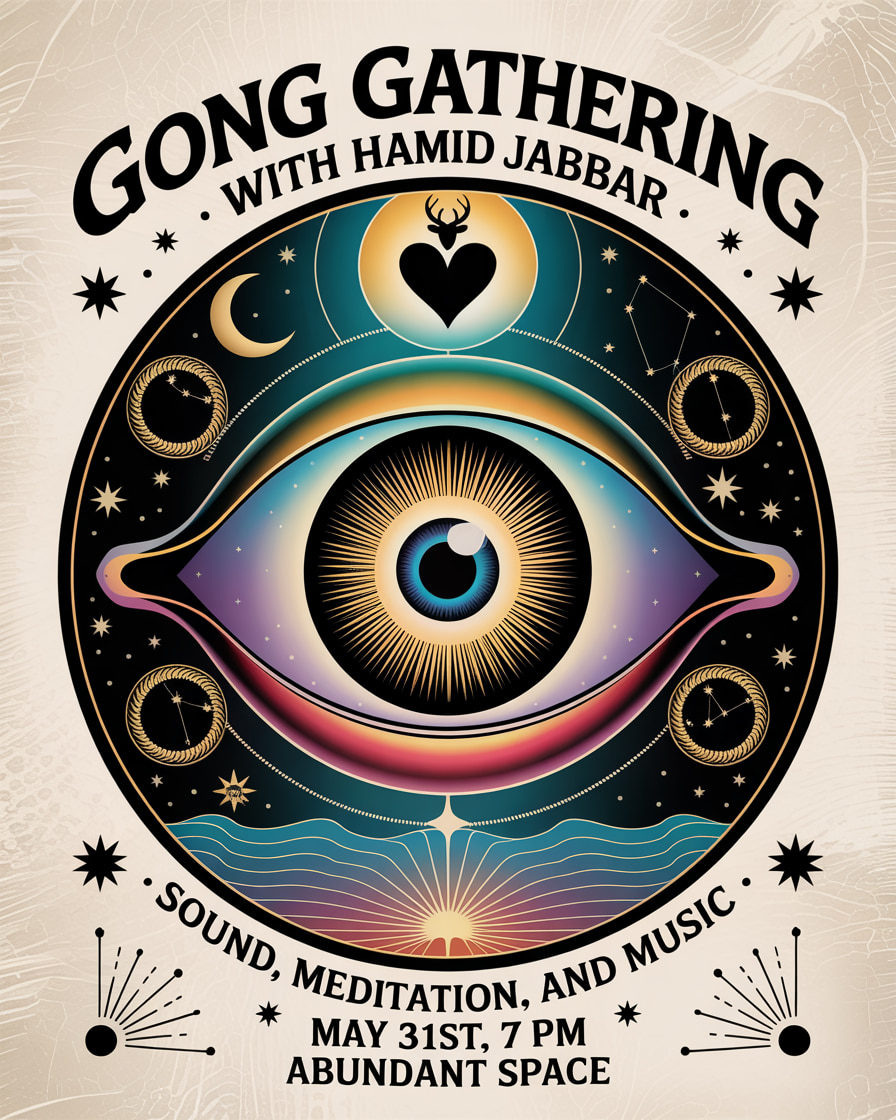Many people come to yoga seeking relief of some type–for example relief from physical blockages or disease, emotional turmoil, or the relentless churning of the mind. In the U.S. yoga is marketed a cure-all for whatever ails. The inflexible gain flexibility, the weak gain strength, the timid gain confidence, the addicted shed their bad habits, etc. The list of benefits seems endless and there are no shortages of yoga studios loudly espousing the benefits of a regular yoga practice–for a fee of course.
And while the benefits of a regular yoga practice are real, many people fail to understand one of the core teachings of the yoga sutra that enables real healing.
svādhyāyād-iṣṭa-devatā saṁprayogaḥ
Translation: Self-study developed to the highest degree brings about communion with the divine forces.
Yoga Sutra II:44
What happens on the mat in the yoga room is a physical, mental, and emotional shedding of layers that reveals the inner workings of our being. We see things with more clarity, we have less tension, we feel at peace. But the physical practice of yoga is simply a mirror reflecting ourselves back. What we see in that mirror, at least when we first start practicing, is often revealing because we never before have stepped out of our ego minds to witness the witness. This type of revelation can be scary because emotions that have long been suppressed start to surface and we start to view the relationships in our life differently. At this point, many people decide (unconsciously) to settle into a routine yoga practice that does not push them too far into the zone of uncomfortable revelation.
In this way, the physical practice becomes the equivalent of two glasses of red wine after work–a habit (albeit a healthy one) that calms the mind and nerves but doesn’t offer us true revelation. Because the physical yoga practice only addresses the symptoms of whatever is going on within us, it will never fix the root causes of our suffering. More is necessary. This is where the yogi must go deeper and truly study the Self. Yoga is not simply a process of freeing the body, it is a process of self-inquiry where we look deeply at the root causes of our mental and emotional afflictions and do something to change. For many, that means seeking out therapy. For others, it means seeking the counsel of wise elders in their chosen faith or community. And for those who do not seek third party help, it means journaling and learning the root causes of their behaviors. Whatever the method, self-study is necessary, as Patanjali states, to bring about the yoga (communion) with the divine forces we seek. That is, yoga requires self-study.
Therefore, anyone on the yogic path must have the bravery to look in the mirror and not simply apply make-up or brush their metaphorical hair. They must learn to look at themselves in their rawest unkempt form and appreciate what they see. Residing in our true nature takes guts, and sometimes lots of therapy, but it’s well worth the effort.


